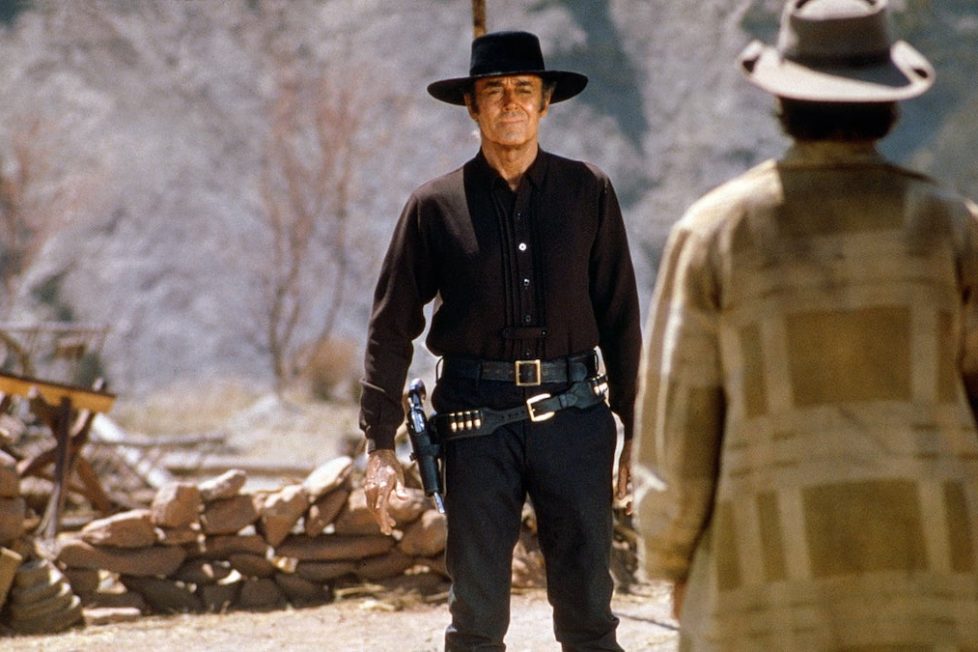In 1968, NASA achieved a milestone that forever altered the course of human history: the successful orbit of the Moon by Apollo 8. This groundbreaking mission marked the first time in recorded history that humans had ventured beyond Earth’s orbit and journeyed to another celestial body. The crew of Apollo 8, consisting of astronauts Frank Borman, James Lovell, and William Anders, became the pioneers of space travel, paving the way for future lunar landings and ultimately, the iconic Apollo 11 moon landing in 1969.

The Apollo 8 mission was not only an extraordinary feat of technological advancement but also a testament to the resilience and bravery of the astronauts onboard. As they hurtled through the vast expanse of space, the crew members captured awe-inspiring images of the lunar surface, offering Earth-bound spectators a glimpse of the beauty and majesty of our celestial neighbor.
One of the most iconic moments of the Apollo 8 mission was the crew’s live broadcast on Christmas Eve, during which they read verses from the Book of Genesis while orbiting the Moon. Their poignant words resonated with millions of people around the world, uniting humanity in a shared sense of wonder and awe at the vastness of the cosmos.

The success of the Apollo 8 mission laid the groundwork for future space exploration endeavors and solidified NASA’s position as a global leader in space exploration. The mission’s legacy continues to inspire generations of scientists, engineers, and explorers to reach for the stars and push the boundaries of what is possible.
In conclusion, the Apollo 8 mission of 1968 stands as a shining example of human ingenuity, courage, and determination. It was a pivotal moment in history that forever changed our understanding of the universe and our place within it. The astronauts of Apollo 8 will always be remembered as trailblazers who dared to dream the impossible and turn those dreams into reality.